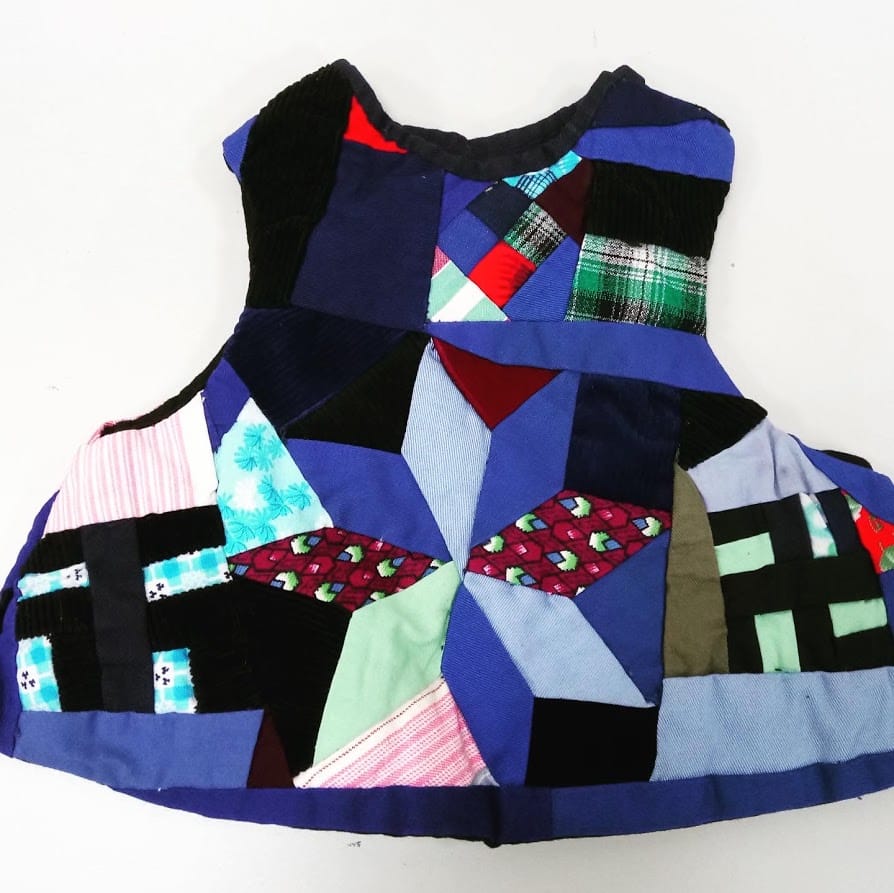Put your wandering heart away

The last days of summer used to make me feel blue. I sense that same end-of-summer drag in my children and my students. My kids lament how cruelly time speeds by during the summer and though they are excited to reunite with school friends and start training for school sports, it’s always tinged with a feeling of dread. My students – many of whom attend summer camps and programs – start the year pining for their camp friends and that lemonade-by-the-lake feeling of lightness and freedom. There is a saying in Chinese we use to describe what one needs to do at the end of a holiday or vacation, right before returning to school or work, that we must 收心 (收 – to put away; 心 – heart), to put away our free and wandering hearts.
As an adult, I’ve stopped feeling sad when summer comes to a close. I love traveling and visiting with loved ones, I love not having a schedule and not wearing socks for two months, I love blowing through books (I have a different reading personality in June and July – light and airy, like ethereal summer dresses). But I also love coming back home to our routines, I love cooking in my own kitchen and putting things away in drawers and on shelves, I love being able to be still and process the summer’s sometimes languid, sometimes frenetic energy.
This year, however, I’m back to feeling blue, because the end of summer means we’re only weeks away from sending our oldest away to college. On the phone with my dear friend, J, who lives in London and who will also be sending her oldest off to “uni” in the fall, we talked about how, even though our children are 18, we still can’t help mothering them as if they were young children. I suppose we may never know how to stop. I remember when I left Taiwan to go to college in the US, on the rare occasions I spoke to my parents on the phone (back when I had to buy calling cards to make international calls and we could only talk for five minutes before the time drained away), the first thing my parents would shout into the phone – as if they had to speak loudly to reach me at such a great distance – would be to ask whether I was eating enough, or, if it was winter, whether I was wearing enough. As parents – and perhaps especially as mothers – we can’t help but worry. Worrying is our love language.
In Chinese, to worry is 擔心, which is to carry your heart like a weight. 擔 refers to the large baskets hung on either side of a long bamboo pole that coolies and farmers would carry across their shoulders. J and I both agreed that what we needed to do now was to learn to 放心, to set down our hearts and not worry so much.
Instead of worrying, we should merely let our grown children know we care. To care is 關心, to close your heart – or maybe more accurately, to keep hearts close. This reminds me of a book I read this summer – this one was not a light read – Yiyun Li’s Things in Nature Merely Grow about the death of her younger son, James, also by suicide, the same way his older brother, Vincent died 7 years prior. She writes about how from a very young age, James exhibited signs of genius and a frighteningly deep and complicated way of seeing the world. Once, when he was six, she asked what was on his mind and he told his mother she could never see things the way he did and then proceeded to point at the air and try to explain how “the world is made of dots and squiggly lines.” Li could not see the dots and lines he pointed at, “all I could do,” she writes, “was to hug him closer.”
It’s probably the most difficult thing for parents to accept – that ultimately, we may never truly know our own children. But we can always hold them. As long as they let us. The opposite of 關, to close, is 開, to open. If you have an open heart – 開心 – it means you’re happy. This feels to me a very Buddhist way of understanding being, of constantly being in the midst of the inhalation and exhalation of one’s breath, between the contraction and relaxation of one’s heart. We exist in that portal space between keeping close and throwing open, of holding near and letting go.
